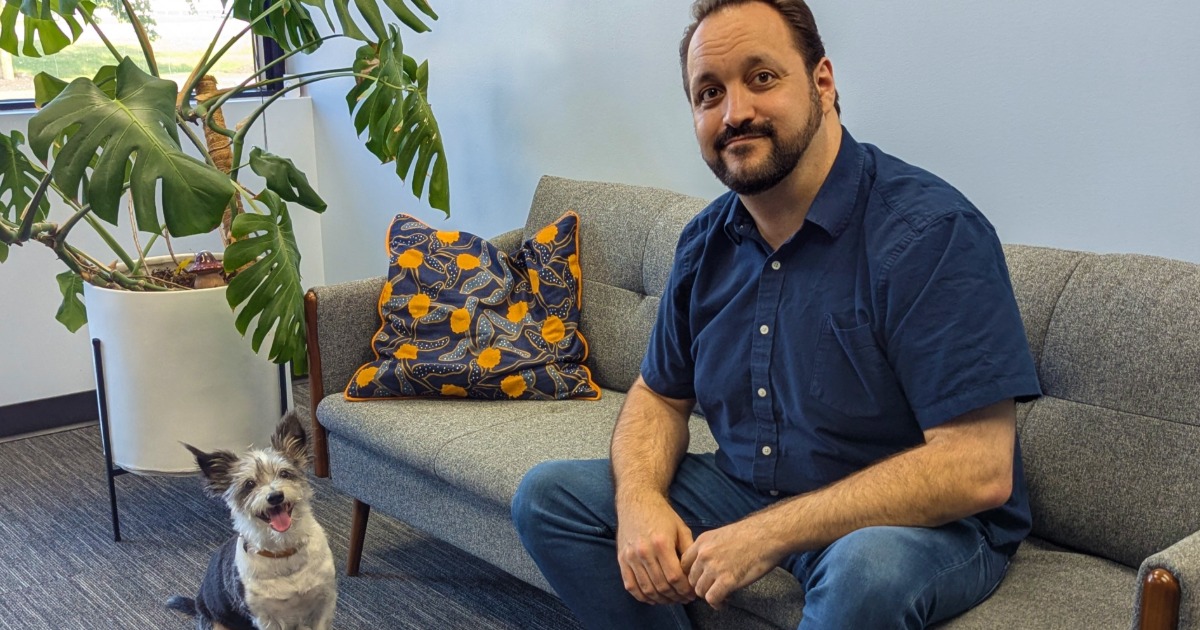Potential for nearly $1 trillion economic engine for health organizations
By 2014, about 9 million Hispanics will be covered for the first time as a result of the Affordable Care Act. Based on their unique healthcare challenges and very high use of mobile technologies, mHealth offers tremendous potential to improve access, individual behaviors and patient outcomes.
For companies seeking to deliver solutions to the Hispanic audience, now is the time to strongly consider incorporating mobile into communication strategies. As an example, retail pharmacies nationwide are deploying mobile solutions using a multi-channel approach - including text messaging, mobile web, interactive voice response calls and smartphone applications - to solve their No. 1 patient challenge: first-fill prescription abandonment.
Retail pharmacies experience first-fill abandonment rates of 20 percent to 27 percent, creating financial and clinical implications. Among the patients who actually pick up their first prescription for a chronic disease such as hypertension, 50 percent are no longer taking the prescription after only six months.
Providing mobile software and services to help health organizations better communicate with patients using mobile and smartphones was top-of-mind even before the recent U.S. Supreme Court ruling affirming the Affordable Care Act.
Last September, HolaDoctor, a comprehensive online health and wellness portal available in Spanish, and 3Cinteractive, a provider of enterprise mobile solutions, released a whitepaper explaining how healthcare organizations, from pharmaceutical manufacturers to insurers, can launch mHealth initiatives to their Hispanic customers. The paper concluded that in addition to improving health outcomes and costs, the U.S. Hispanic population represents a huge economic engine of nearly $1 trillion for health organizations, larger than the entire GDP of Mexico. Marketers who seek to deliver solutions that grow brand awareness and optimal healthcare use would be wise to incorporate mobile in their overall strategies.
During the past decade, the nation's Hispanic population has grown to 50.5 million, making it the largest minority population in the United States and the country's fastest growing demographic group. Hispanics have high rates of certain costly chronic conditions, such as diabetes, and significantly lower medication adherence rates - a combination that is leading to increased medical costs for employers, health plans and governmental programs. In addition, the severe shortage of trained, culturally and linguistically competent healthcare providers represents a significant barrier to effectively serving this burgeoning population.
On the positive side, Hispanics have embraced mobile technologies and health-related mobile initiatives. Almost 90 percent of Hispanics own a mobile phone and 57 percent own a smartphone, versus 46 percent of non-Hispanics. Nearly twice as many Hispanics have used their mobile device to look for health information, and Hispanics are much more receptive to receiving health-related text messaging than non-Hispanics.
Many clinicians and marketers are intrigued by mHealth, but are not sure how to implement it. The whitepaper highlights the potential of mobile technology to help change behavior by delivering personalized, highly tailored communications via a platform widely used and highly trusted by Hispanics.
It offers a five-phase roadmap for designing and launching an mHealth initiative in the Hispanic community:
• Priority assessment;
• Building the patient's mobile journey;
• Program design;
• Program submission to mobile carriers; and
• Application engineering and testing
As an example, the paper examined the impact of a mobile-based intervention with Hispanics diagnosed with diabetes. If the intervention were able to increase medication adherence by only 10 percent among just 10 percent of the 3.4 million who have been diagnosed, it would equate to increased drug costs of more than $30 million, but a net cost savings due to reduced disease-related medical costs of more than $183 million annually.
The research was led by Kenneth Thorpe, one of the chief advisers to the Obama Administration on the Affordable Care Act and chairman of Health & Policy Management at Emory University.
Mobile technologies offer tremendous potential for improving healthcare access, individual behaviors and outcomes among Hispanics. Marketers and other health communicators seeking to deliver solutions to the Hispanic audience should consider incorporating mobile in their overall strategies.
The report can be found at
http://www.3cinteractive.com/Contact/mobile-health-for-hispanics.htm
Barry Hix is the General Manager for Healthcare Solutions at 3Cinteractive. He can be reached at bhix@3Cinteractive.com


